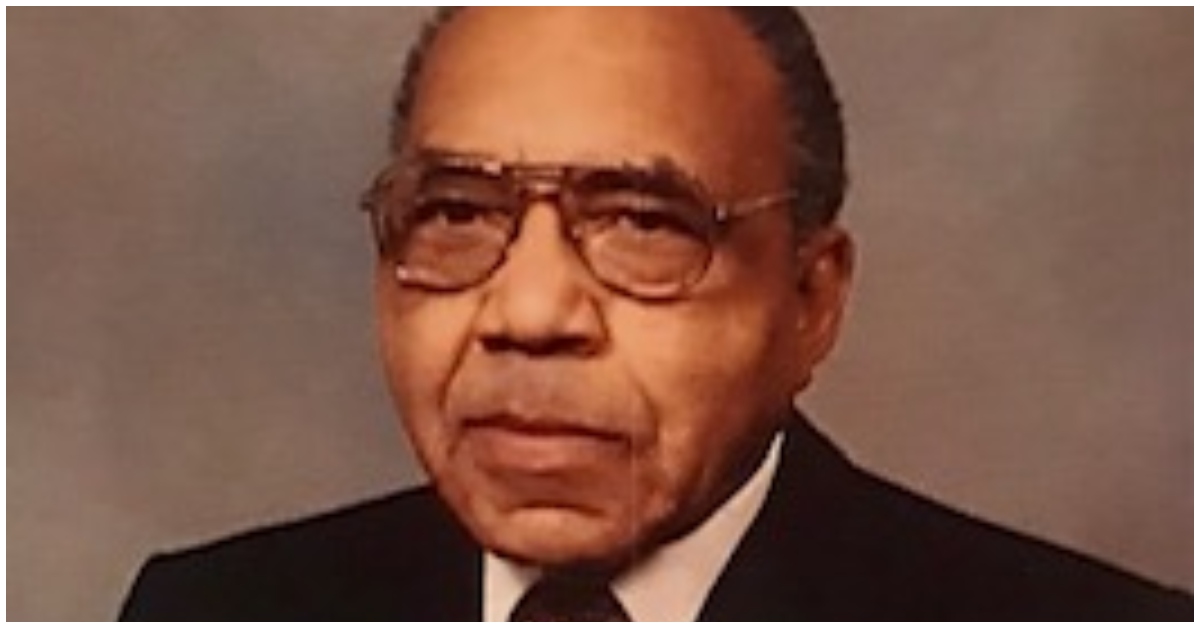Pioneering Spirit, Unshakable Determination
In 1939, Clarence Davenport Jr. made history as the first African American from Michigan to be admitted to the prestigious United States Military Academy at West Point.
His rare accomplishment was a testament to his unwavering determination and pioneering spirit, qualities that would propel him through numerous challenges and forge a distinguished military career.
Defying Odds: From Humble Beginnings to Prestigious Academy
Born to a blue-collar family in Detroit, Davenport’s path to West Point was paved with extraordinary circumstances. His father worked at Ford Motor Company, while his mother was employed as a dry cleaner’s assistant. Despite their humble beginnings, education was a paramount priority for the Davenport family.
Davenport’s academic prowess, particularly in mathematics, caught the attention of his high school principal, who acknowledged that he would have graduated as the class president had he not been African American.
This revelation underscored the racial barriers Davenport faced, even in his formative years.
Political Calculus and a Pivotal Nomination
Davenport’s nomination to West Point was a result of shifting political tides and the growing power of the African American vote.
In 1938, a Republican defeated incumbent Democratic Congressman George D. O’Brien in Detroit’s 13th Congressional District, where the Davenports resided.
Recognizing the importance of securing Black votes for the 1940 election, O’Brien sought to nominate an African American from the 13th District to West Point.
Davenport seized this opportunity, submitting the necessary paperwork and earning O’Brien’s nomination – a decision that paid dividends for the Congressman, who won the 1940 election and two subsequent terms, aided by Black voter support.
Enduring Isolation and Adversity at West Point
Davenport’s admission to West Point was a significant milestone, but his journey was far from easy. Like General Benjamin O. Davis Jr., he endured the silent treatment from his classmates for all four years, facing isolation and constant interruptions during meals.
“He was isolated, and unlike other cadets had no roommate. His meals were constantly interrupted. There were countless other abuses, not merely verbal, but Dad bore them with determination, stoicism, dignity,” shared his daughter, Elizabeth Davenport McCune.
Perseverance and a Trailblazing Career
Despite the challenges, Davenport persevered, graduating with the class of 1943 and embarking on a distinguished military career. He retired as a full colonel, leaving an indelible mark on the armed forces and paving the way for future generations of African American cadets.
Today, while the number of African American graduates from West Point has increased, concerns over voting rights and affirmative action linger.
As Elizabeth Davenport McCune poignantly stated, “Memorial Day celebrates those who gave their lives for this country and the values Americans hold as a nation: duty, honor, country — and civic responsibility. It follows, then, that the best way citizens can protect their rights is also the best way to honor those who sacrificed for the United States. It is to live up to the civic responsibility my father and so many like him fought for. It is to vote.”





